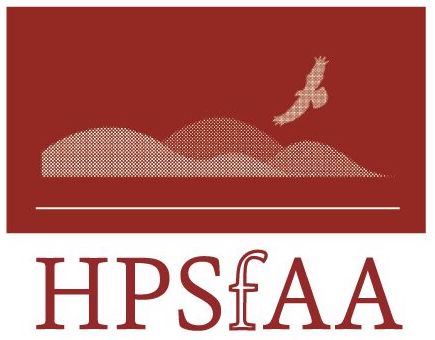  
 
The High Plains Society for Applied Anthropology |
|
Infighting in San Francisco: Anthropology in Family Court, Or: A Study in Cultural Misunderstanding
Barbara Joans
Working with Native Americans eighteen years ago, sharing their indigenous knowledge, I represented six Bannock Shoshoni women in court. I was their expert witness in a dispute concerning land and fraud, and we went to court and won. At the beginning of 1997 in San Francisco, working with an Italian Greek American extended family, sharing indigenous knowledge, I represented the father as an expert witness in a child custody case. The dispute involved parental rights and court concepts of "correct" American families. My credibility as a knowledgeable anthropologist had to be established on the stand to be accepted as an expert witness. It was. But nevertheless, we lost the case. For anthropologists, however, a precedent was indeed set for anthropologists to serve as expert witnesses in California courts concerning child custody law and related family matters. Child custody law is a whole new field for applied cultural knowledge. This paper is about the anthropologist as expert witness in the culture of the family, learning new roles and rules in a tough arena of court procedures, strategies, and tactics. When deciding to accept a case or not, ethical judgments are critical considerations based, on balance, on indigenous knowledge, but once the anthropologist as expert witness takes the case, no room exists for ambiguity or ambivalence. Anthropology is pushing at its applied boundaries, as we anthropologists go to court as expert witnesses in this relatively new area.
High Plains Applied Anthropologist No. 1, Vol. 18, Spring, 1998 pp 37 – 41<Get PDF>
Back To List of Previous Issues